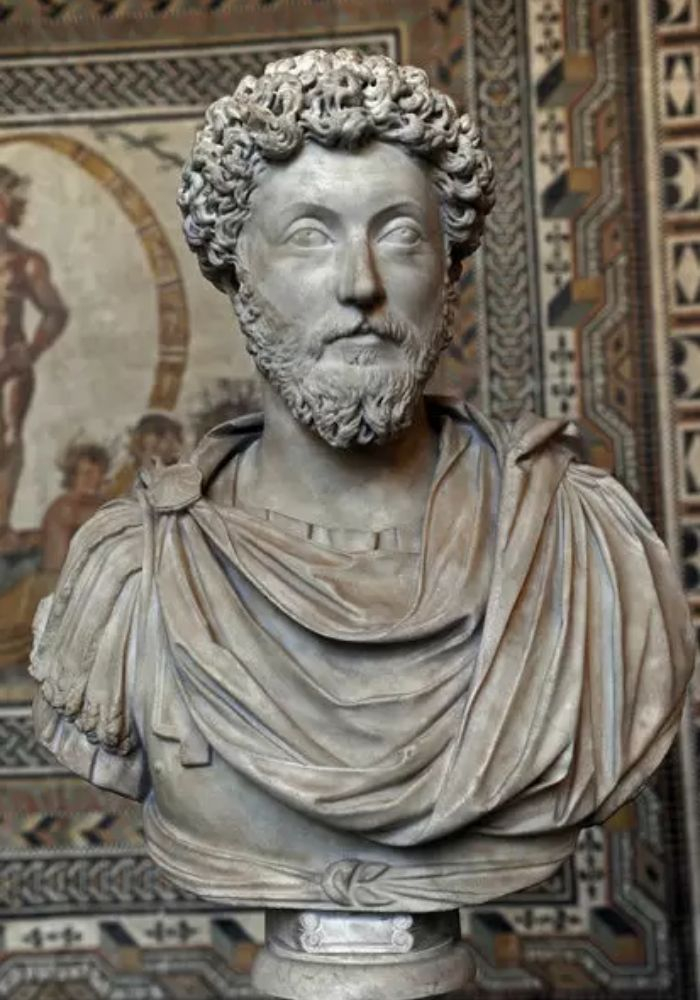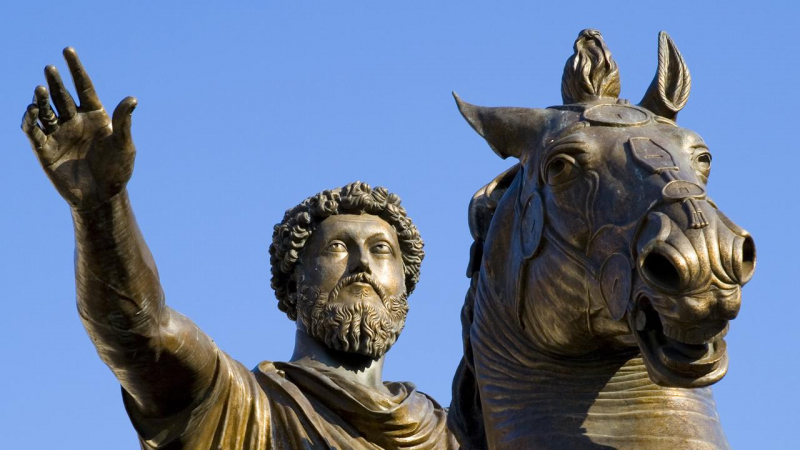Marcus Aurelius

One of the Five Good Emperors of Rome, Marcus Aurelius Antoninus (121 - 180 CE) is a prominent figure in ancient Roman history who represents a period of the Roman Golden Age. He is known as one of the Five Good Emperors of Rome. Antoninus, who also served as emperor, was a significant thinker best known for his book on Stoic philosophy, the Meditations.
His thoughts and observations on Stoicism, a school of philosophy that advocates accepting the present and advocating a worldview in line with nature's purposes, were included in The Meditations. The work of Antoninus, which clarified and established this school of thinking for centuries of scholars and philosophers, has greatly influenced our understanding of stoicism. The Meditations, which were written in Greek, represent the influence of Greco-Roman culture on ancient philosophy.
He rose to the throne from a politically prominent and rich family and quickly established himself as a capable and honorable ruler. He is primarily renowned for using his creativity in every situation and for using tactical revenge in battle. But most significantly, he is credited with writing Meditations, which helped to solidify Stoicism.
His book is made up of his musings, stories, and reflections while he was fervently campaigning and fighting the barbarians. It provides an explanation of the Stoic philosophy, which emphasizes self-control and letting go of dependence on external entities. His narration clearly depicts an obedient ruler who is unconcerned with either short-term or long-term renown. Overall, it captures the zeitgeist and what made a Roman emperor. He originally wrote in Greek, which is evidence of the blending of Greco-Roman and Roman cultures.
All generations and eras can benefit from his book. People are particularly susceptible to it in modern times, nevertheless. It provides an explanation of the Stoic philosophy, which emphasizes self-control and letting go of dependence on external entities. His narration clearly depicts an obedient ruler who is unconcerned with either short-term or long-term renown. Since most people now (including me) own the book, he is credited with simplifying Stoicism, which best calms us amid the suffering that modern complications give.
Time: 121 - 180











